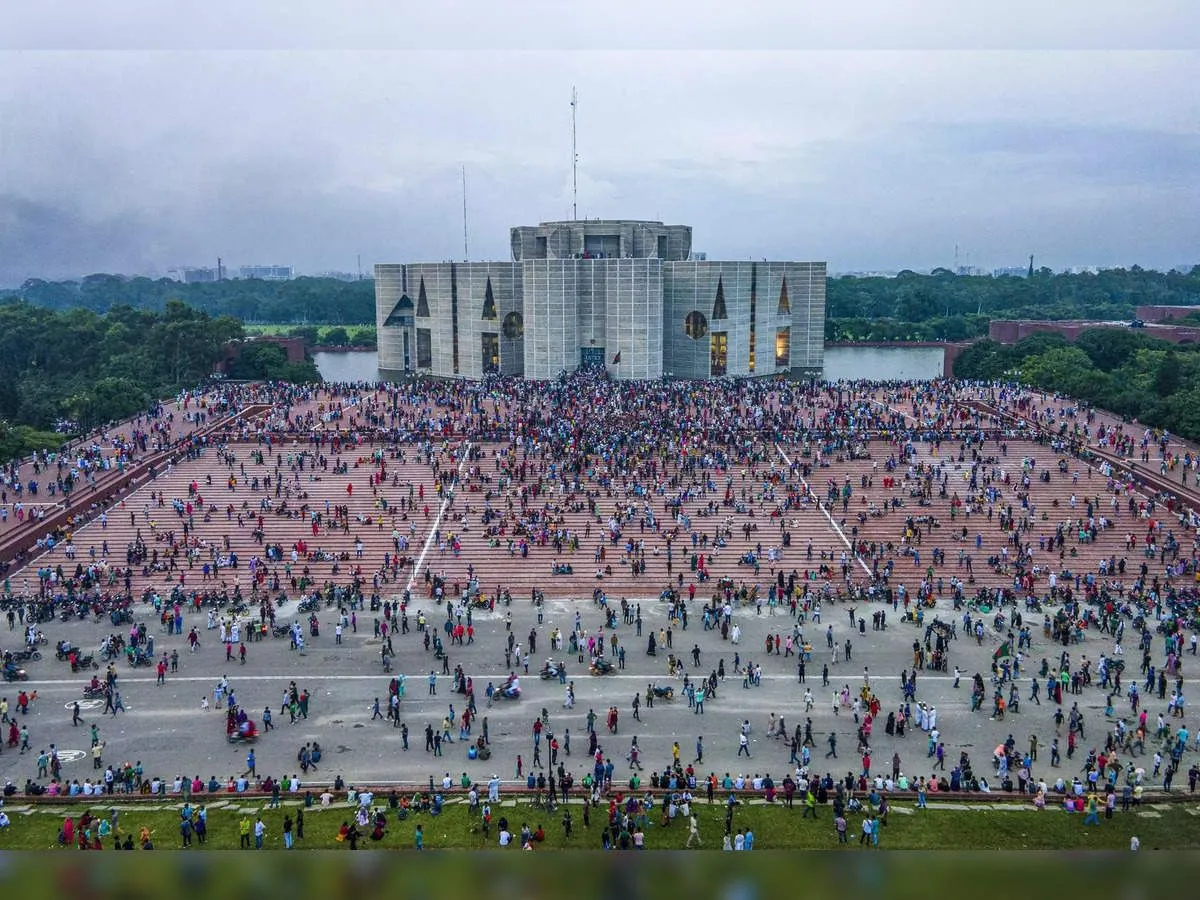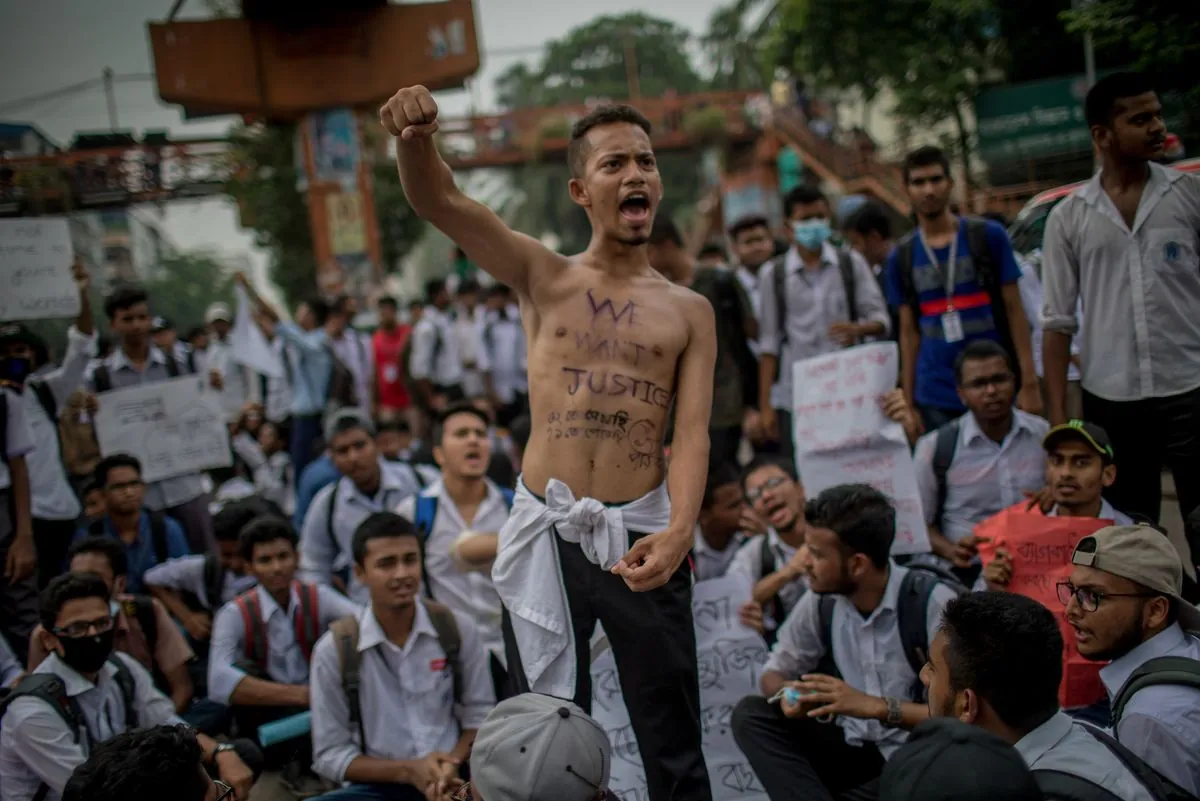U.S. Lawmakers Push for Sanctions as Bangladesh Transitions to Interim Government
U.S. officials respond to political upheaval in Bangladesh, with some calling for sanctions on former regime members while the State Department welcomes new caretaker government led by Nobel laureate.

In a significant political shift, Bangladesh has transitioned to an interim government led by Muhammad Yunus, prompting varied responses from U.S. officials. This change comes after recent turmoil in the South Asian nation, which has seen its fair share of challenges in its relatively short history since gaining independence in 1971.
Some U.S. lawmakers are advocating for sanctions against officials associated with the previous administration of Sheikh Hasina, who recently stepped down as prime minister. Concurrently, the U.S. State Department has officially acknowledged the new caretaker government.
The political upheaval stems from student-led demonstrations that began in July 2024, initially protesting job quota policies. These protests escalated into a broader movement calling for Hasina's removal from office. The former prime minister had secured her fourth consecutive term in January 2024, in an election that faced criticism and was boycotted by opposition parties.

The transition of power has not been without incident. Reports indicate that at least 300 individuals, many of them students, lost their lives during attempts to suppress the demonstrations. This has led to calls for accountability from U.S. officials.
Senator Van Hollen, a Democratic member of the Senate Foreign Relations Committee, stated:
The senator specifically named Asaduzzaman Khan Kamal, the former home minister, and Obaidul Quader, who served as general secretary of Hasina's Awami League party.
In contrast to these calls for sanctions, U.S. Secretary of State Antony Blinken expressed support for the new interim government on social media, emphasizing the need for peace and calm during this transition period.
Bangladesh, the world's eighth most populous country with approximately 170 million inhabitants, has experienced rapid economic growth in recent years, with GDP expanding by an average of 6% annually since 1996. However, it continues to face significant challenges, including vulnerability to climate change and high population density.
The appointment of Muhammad Yunus, a Nobel Peace Prize laureate known for his pioneering work in microcredit, as the leader of the interim government brings a new perspective to Bangladesh's political landscape. Yunus founded the Grameen Bank, which has provided microcredit to millions of Bangladeshis, contributing to poverty reduction efforts in the country.
As Bangladesh navigates this political transition, the international community watches closely. The country's strategic importance, both economically as the world's second-largest exporter of ready-made garments and geopolitically in South Asia, underscores the significance of its stability and democratic processes.
The coming months will be crucial in determining the direction of Bangladesh's political future, as the interim government works towards organizing new elections and addressing the concerns that led to the recent unrest.


































